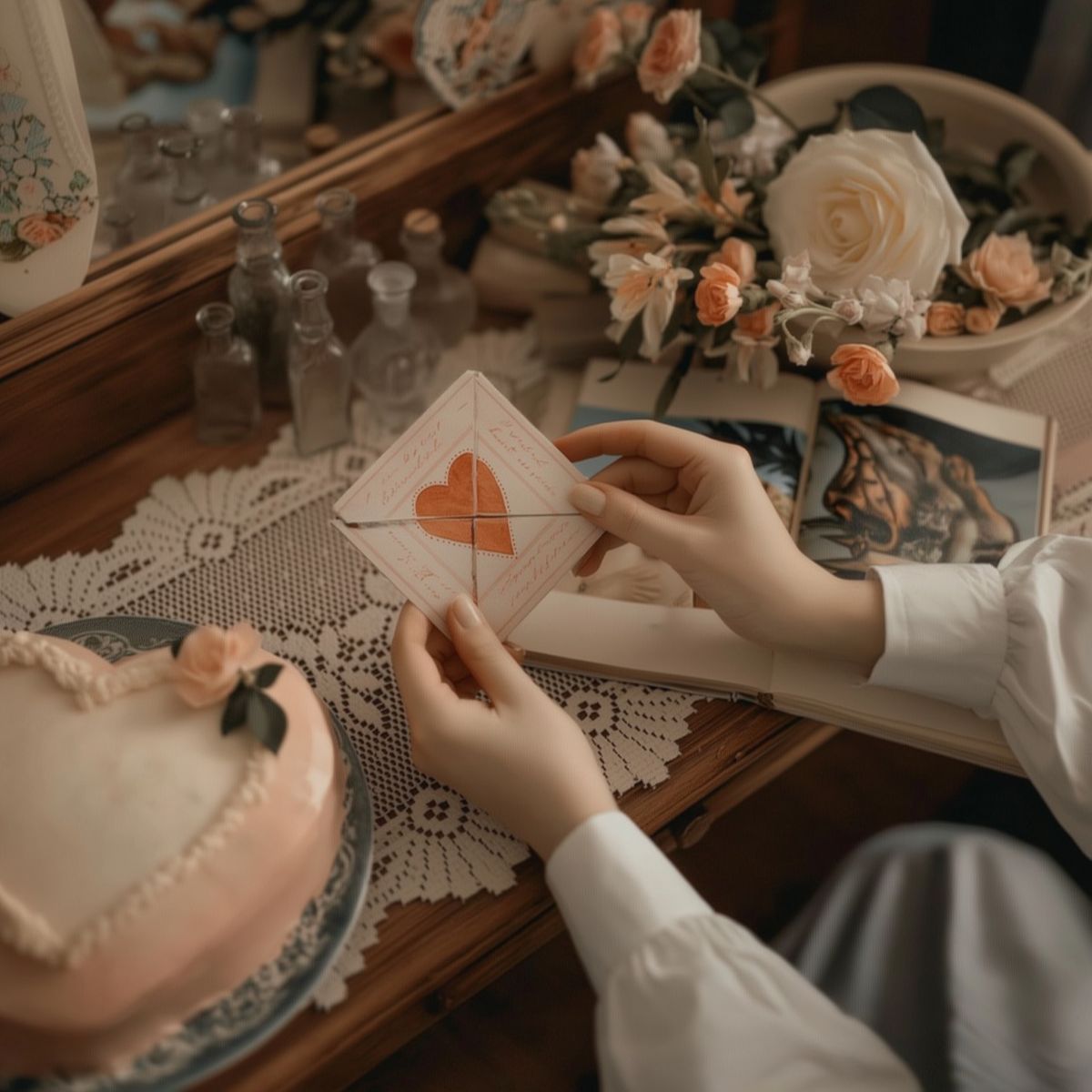
Astrology-Valentines-Musings
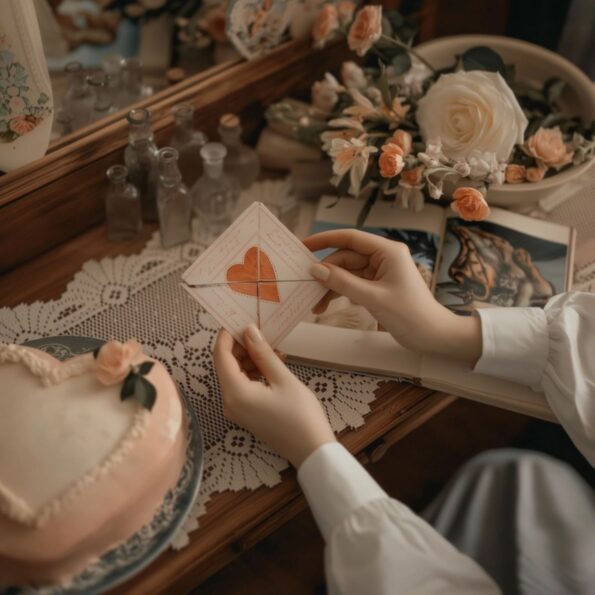 Venus is the luscious embodiment of love’s agony and rapture, sashaying through Olympus with a rose in one hand and a mirror in the other, reflecting desire’s unfiltered need. She’s a deity that says, “Go on, risk everything for love, even your dignity.” And why do we keep calling out to her? Because love is the great gamble. It exposes us, reveals us, breaks us, and builds us back again, shinier and more breakable than ever. We seek Venus because she gives us hope. And what is hope but the audacity to love again? In ancient times, they built temples to Aphrodite, brought offerings—doves, incense, polished mirrors. But even then, what they really offered was themselves: their longing, desires, and their desperation. People knelt in worship of her form, and in acknowledgment of the vulnerability that love demands. Venus was a comfort, but also a challenge. “Are you willing,” she seemed to ask, “to be undone by love? Are you ready to grow by opening the gates?” Her influence didn’t stop when the temples fell. No, she slipped seamlessly into love songs, into perfume ads, into the collective psyche of romantics. There is, perhaps, no greater devotion than to keep believing in love despite its propensity to hurt us.
Venus is the luscious embodiment of love’s agony and rapture, sashaying through Olympus with a rose in one hand and a mirror in the other, reflecting desire’s unfiltered need. She’s a deity that says, “Go on, risk everything for love, even your dignity.” And why do we keep calling out to her? Because love is the great gamble. It exposes us, reveals us, breaks us, and builds us back again, shinier and more breakable than ever. We seek Venus because she gives us hope. And what is hope but the audacity to love again? In ancient times, they built temples to Aphrodite, brought offerings—doves, incense, polished mirrors. But even then, what they really offered was themselves: their longing, desires, and their desperation. People knelt in worship of her form, and in acknowledgment of the vulnerability that love demands. Venus was a comfort, but also a challenge. “Are you willing,” she seemed to ask, “to be undone by love? Are you ready to grow by opening the gates?” Her influence didn’t stop when the temples fell. No, she slipped seamlessly into love songs, into perfume ads, into the collective psyche of romantics. There is, perhaps, no greater devotion than to keep believing in love despite its propensity to hurt us.
In mythology, Venus and Mars had a famously messy, star-studded love affair that definitely added some drama to their reputations. In Greek and Roman myths, Venus—the goddess of love—got involved with Mars, the god of war. But things got complicated fast. Her husband, Vulcan, who was the gods’ blacksmith, found out and trapped the two lovers in an unbreakable net right in the middle of their secret rendezvous. The whole thing turned into a symbol of how passion can be both magnetic and destructive.
What’s so captivating about their affair isn’t its scandalous details—though the image of the goddess of love and the god of war locked in a passionate clinch, only to be ensnared mid-tryst by her husband’s cunning craftsmanship, is deliciously theatrical. It’s that this tale, like all good myths, is still told through our own human experience. Venus and Mars represent opposing forces—love and aggression, creation and destruction, intimacy and conquest. And yet, there they are, magnetized to one another, defying logic, decency, and divine marital contracts. This union of love and war is profoundly symbolic. It tells us that passion is rarely pure. It’s messy, wild, and often transgressive. Venus doesn’t fall for Mercury, god of wit and eloquence; she falls for Mars, the brute, the soldier, the one who represents chaos. Why? Because sometimes, we’re drawn to what disrupts us. There’s a thrill in danger. The heart doesn’t always seek harmony; often it craves drama. And poor Vulcan—the wronged husband, the laborer, the maker of things. Not sexy in the eyes of myth, perhaps, but deeply human. His pain is palpable, even comedic in its divine overreaction. What’s a god to do when cuckolded by the very embodiment of beauty? He doesn’t cry or plead. He builds a trap—cold, calculated, genius. And in this act, we see another layer: when love is betrayed, it can turn to strategy, to control, to humiliation. His net, though literal in the story, is metaphorical in life. How often do we, in our own relationships, try to entrap, expose, or punish those who’ve hurt us, rather than face the heartbreak head-on? The myth doesn’t judge Venus for her longing or Mars for his daring—it simply lays it bare, lets the story unfold with all its eroticism and absurdity intact.
The Astrology of Venus and Mars
The Venus-Mars aspect is the torrid, tumultuous love affair written in the stars themselves. When Venus and Mars form an aspect in a birth chart, it’s an eternal lovers’ quarrel. Venus promising connection, affection, beauty, and the longing to be desired. Mars, on the other hand, charges in— demanding satisfaction. He doesn’t want to woo; he wants to win. He doesn’t make love; he conquers. And when these two energies come together in a person, the result is electric. These individuals love with their whole bodies, with the full force of their blood and breath. Their romantic lives are operatic—high highs, low lows, and the occasional smashing of proverbial plates. They crave connection, but on their own fiery terms. Their affections can be magnetic, even addictive—but also, at times, combustible.
Astrology, like mythology, doesn’t offer prescriptions—it offers archetypes. To live with a strong Venus-Mars aspect is to learn the art of balance: to be passionate without being possessive, to pursue desire without bulldozing affection, to express love as co-creation. When these individuals find this balance, they become lovers of extraordinary depth. They bring the vitality of Mars into the realm of Venus, fusing sensuality with action, romance with courage.
Interestingly, Venus and Mars didn’t just have a dramatic relationship—they also had a kid together. Cupid, the playful little god of love, is said to be their son. You’ve probably seen him in art: a cute, winged boy with a bow and magical arrows that make people fall in love instantly.
Cupid—the cherubic troublemaker born of lust and longing, the divine consequence of one of mythology’s most scandalous liaisons. Cupid, or Eros in his Greek guise, is love distilled to its most chaotic form—untamed, unreasonable, and utterly unavoidable. He doesn’t ask your opinion, doesn’t consider your circumstances. One prick of his arrow and, boom!—you’re swooning for someone who may be wildly inappropriate, completely unaware of your existence, or, worse still, emotionally unavailable. And all the while, the tiny archer flutters about, oblivious to the heartbreak he’s leaving in his wake. What’s so enduring about Cupid is that he perfectly embodies love as both miracle and menace. The whole idea of love at first sight? It sounds romantic until you realize it’s also the stuff of obsession, impulsive decisions, and the kind of passion that can topple empires. Cupid’s arrows, like his parents’ temperaments, are unpredictable. And this is the magic and madness of love, isn’t it? We like to believe we are in control of our hearts. We think that love should be logical, measured, safe. But Cupid exists to remind us that real love—the mythic, maddening kind—laughs in the face of logic. It strikes when you least expect it, often when you’re least prepared. And it changes everything. That he is born of both Venus and Mars is no accident. He is desire and drive, sweetness and heat, affection and action all wrapped up in a baby-faced cherub. In essence, he represents the fruit of their paradox—the way love and war, when entwined, don’t just destroy, but also create. Out of chaos comes Cupid. Out of passion, a symbol of love so powerful it transcends reason. And yet, despite all the upheaval he causes, we don’t hate him. We adore him. Because deep down, we know: without that unpredictable arrow, life would be safe, yes—but oh, so dull.
Meet-Cute
The Venus-Mars aspect is the astrological equivalent of a lightning bolt to the loins and the heart—a “meet-cute” orchestrated by the universe itself. It’s the moment when passion explodes. Boom! Eyes lock. Breath catches. Time bends. What was that? A passing glance? A shared laugh? It was a collision. The older astrological texts, cryptic as they are, speak of the Venus-Mars contact with a kind of reverence and caution. When these two planets meet in the birth chart—or in a synastry chart between lovers—they signify a combustion. It’s animalistic, but it’s also archetypal. The soul feels it before the brain can object. It’s why instant attraction can feel almost fated, like you’ve stumbled into a story that’s already been written. This phenomenon isn’t only about chemistry, though the chemistry is often sizzling—it’s about the mythic memory embedded in our bones.
Venus and Mars are lovers in metaphor. Their meeting reflects the eternal dance between the longing to be desired (Venus) and the desire to act, to pursue (Mars). When they join forces, it’s like striking a match—there’s heat, light, and the potential to either illuminate or incinerate. In human terms, this often plays out as the rush of love at first sight. The sudden, irrational magnetism. It doesn’t need explanation because it doesn’t operate in the realm of the rational. It’s not, “Do we like the same music?” It’s, “Why does my body feel like it remembers yours?” Yet, like all potent astrological aspects, Venus-Mars carries its risks. That instant attraction can lead to intense entanglements—full of passion, but also prone to conflict. It’s the kind of love that leaves a mark, whether it lasts or not.
To understand Venus in astrology is to hold up a mirror to what makes us attractive in the eyes of others. She is the subtle seductress saying, “This is what you crave… and this is what you offer.” Your Venus placement tells a story far more personal than the generic horoscopes scrawled in glossy magazines. It reveals what tugs at your heart—whether you long for slow, steady comfort or thrilling, unpredictable passion. Do you adore grand gestures or quiet devotion? Luxurious beauty or cerebral intimacy?
But Venus doesn’t stop at desire—she tells us how we enchant. The innate magnetism we exude when we are fully ourselves. It’s the part of us that draws others in with resonance. Through Venus, we learn how we love, what we prioritize in partnership, and even what we consider beautiful in life itself. A person with Venus in earthy Capricorn might express love through stability, commitment, and hard-work. Venus in Gemini? Words, wit, and playful banter. Each placement sings a different love song. Venus is also deeply entwined with self-worth. She gently (or not so gently) reminds us that we attract what we believe we deserve. If our inner Venus is bruised, we may chase love that reflects our wounds. But when she’s beautiful and strong, she draws in relationships that affirm and uplift. To truly know your Venus is to understand who you become when you’re fully adored.
Relationships which contain any element of “falling in love” inevitably contain anima and animus projections; and the curious feeling of familiarity one has about the loved one is only too explicable by the fact that one has, in actuality, fallen in love with oneself. What distinguishes it from narcissism is that the “beloved” is not one’s conscious ego, but an aspect of the unconscious self. The anima continually seduces man into the dark world of feeling and emotional entanglement, which is an uncomfortable to his natural psychology as underwater submergence is to a cat; and woman is continual being driven to animus into isolation, independence, and self-realisation, which are antithetical to her instinctual propensity to live life through personal relationships and unconscious identification with others. Relating: An Astrological Guide to Living with Others on a Small Planet
A strong Venus in a birth chart isn’t all about romance—it’s a call toward beauty in all its earthly and aesthetic forms. These souls are often artists by nature, if not by profession, drawn to creative pursuits. This is only solitary art, either. Venus is a social creature—she flourishes in the gallery, the salon, the candlelit dinner with too many courses and just enough wine. Those graced by her touch are often magnetic in social settings, they radiate something charming. Even their leisure is laced with intention. A Venusian doesn’t just “hang out”—they curate experiences. A picnic becomes a still life. A walk becomes a reverie. They seek harmony in their surroundings because they understand that beauty isn’t frivolous—it’s a necessity for the spirit. In the Venusian worldview, beauty is how love manifests in the world. It is love made visible.

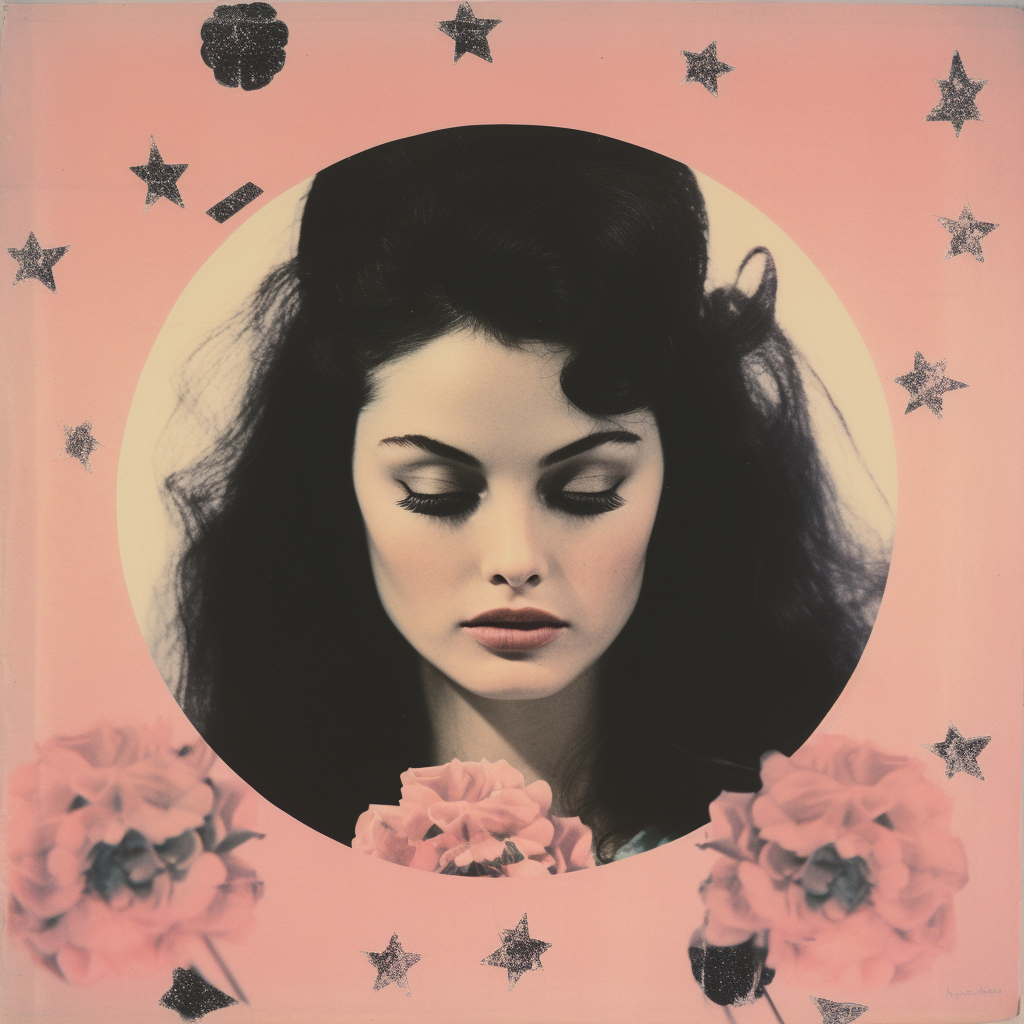
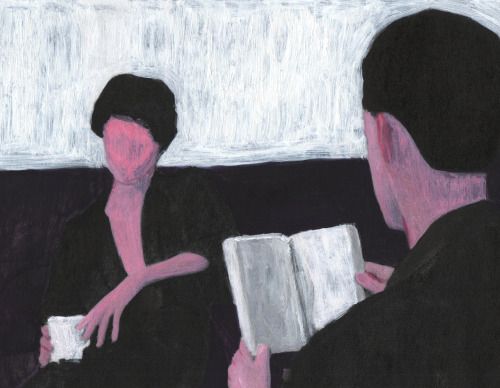
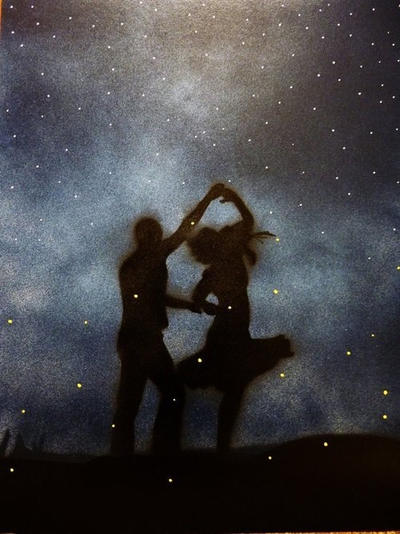





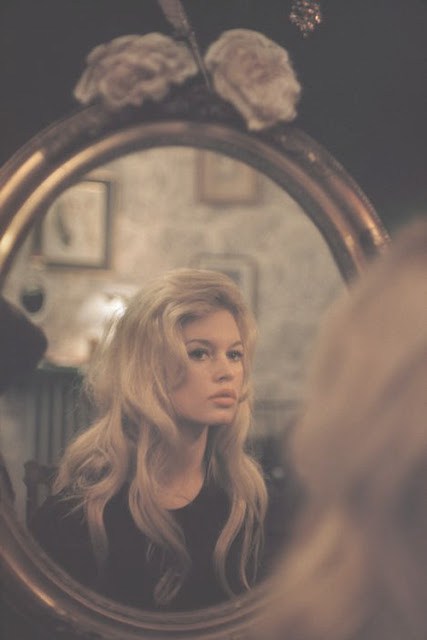



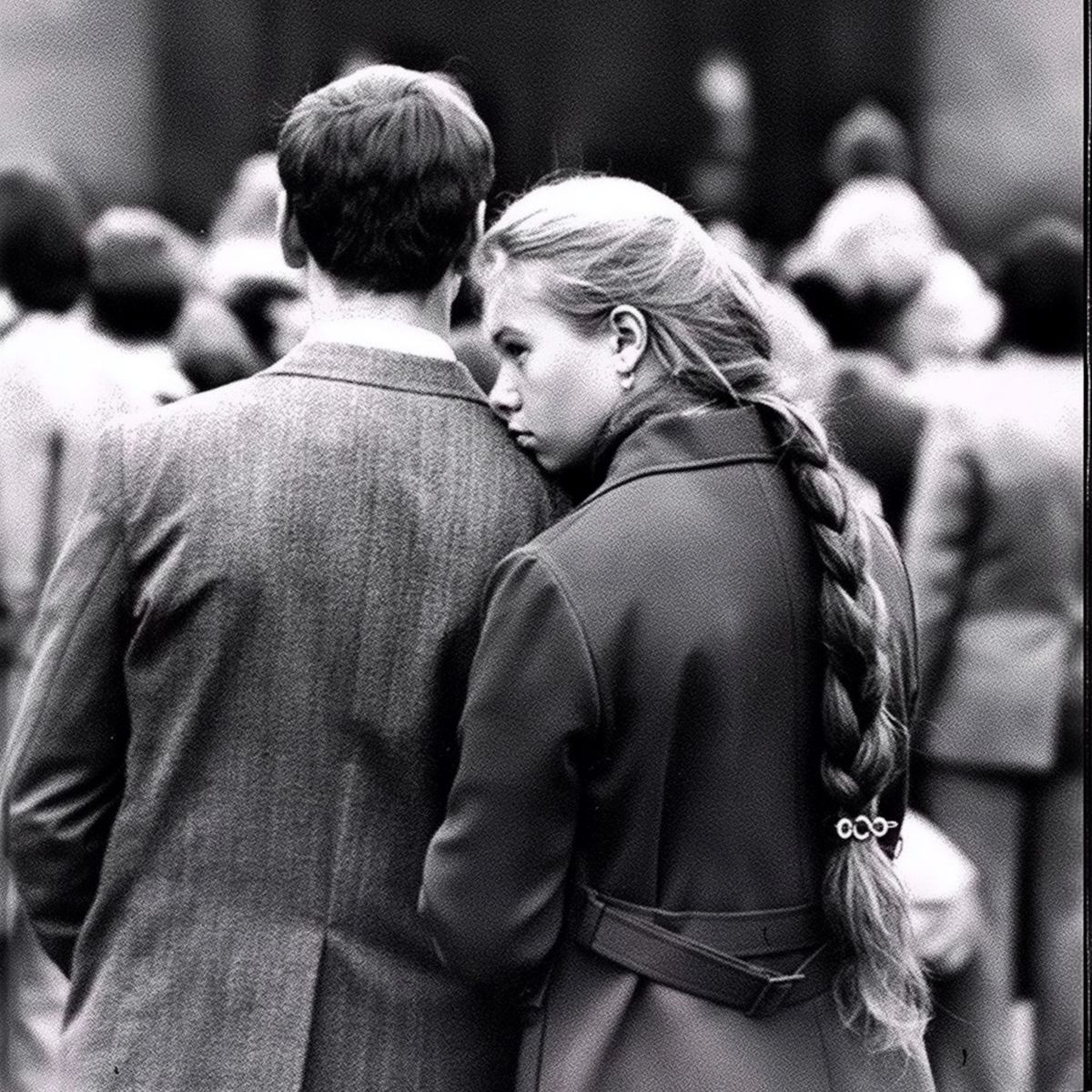


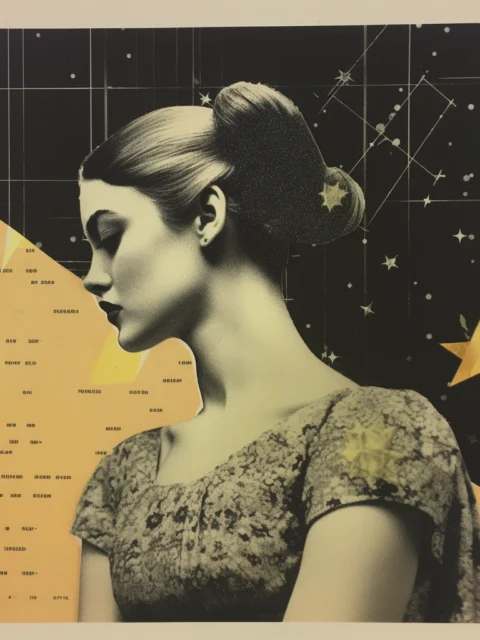


 Venus Trine Pluto: Dark Desires
Venus Trine Pluto: Dark Desires
 Mars Conjunct Pluto Synastry
Mars Conjunct Pluto Synastry
 Saturn in the 1st House: From Self-Doubt to Lasting Identity
Saturn in the 1st House: From Self-Doubt to Lasting Identity
 Venus Trine Mars Synastry
Venus Trine Mars Synastry
 The Scorpio Teenager
The Scorpio Teenager
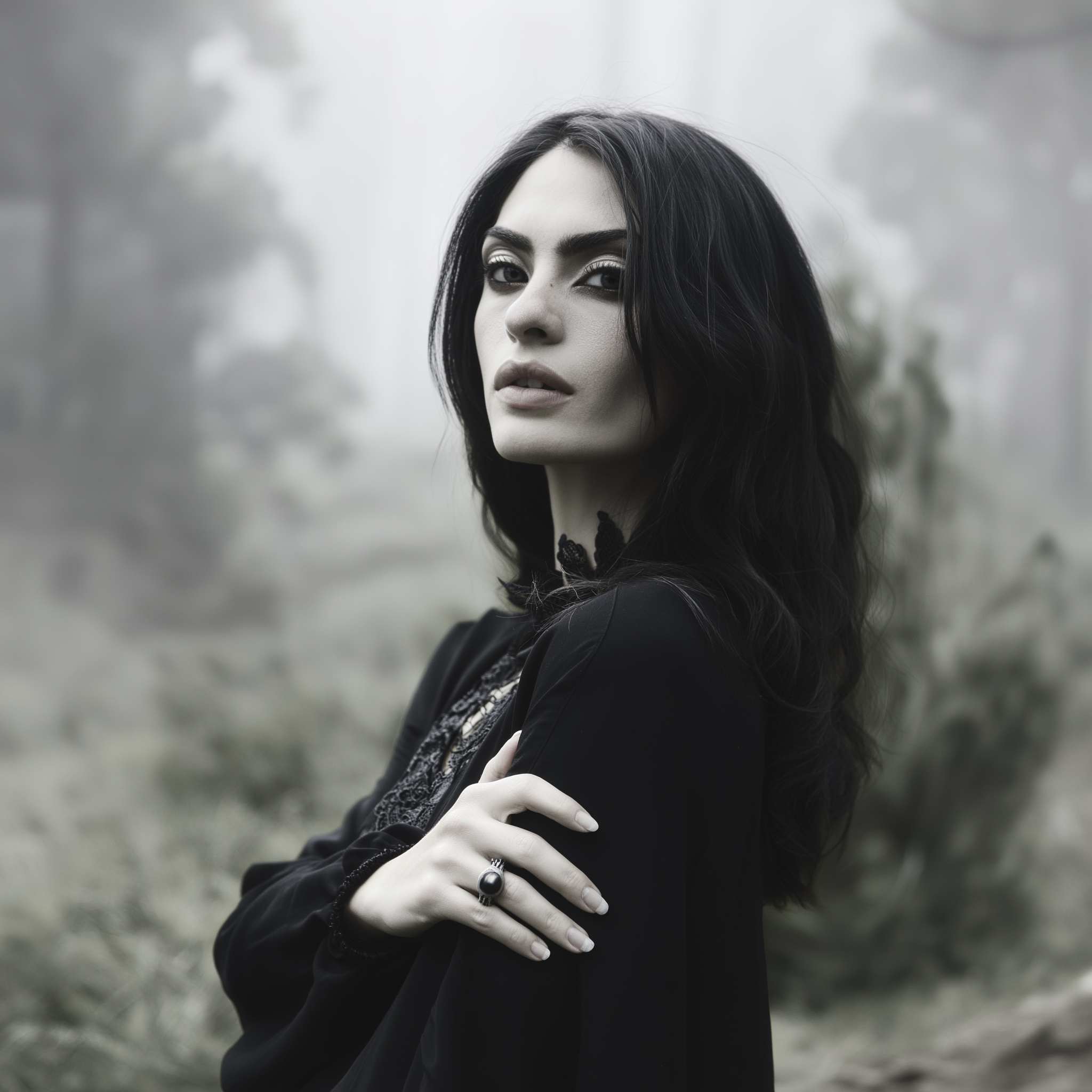 Reflections on a Past Venus-Pluto Synastry Aspect
Reflections on a Past Venus-Pluto Synastry Aspect
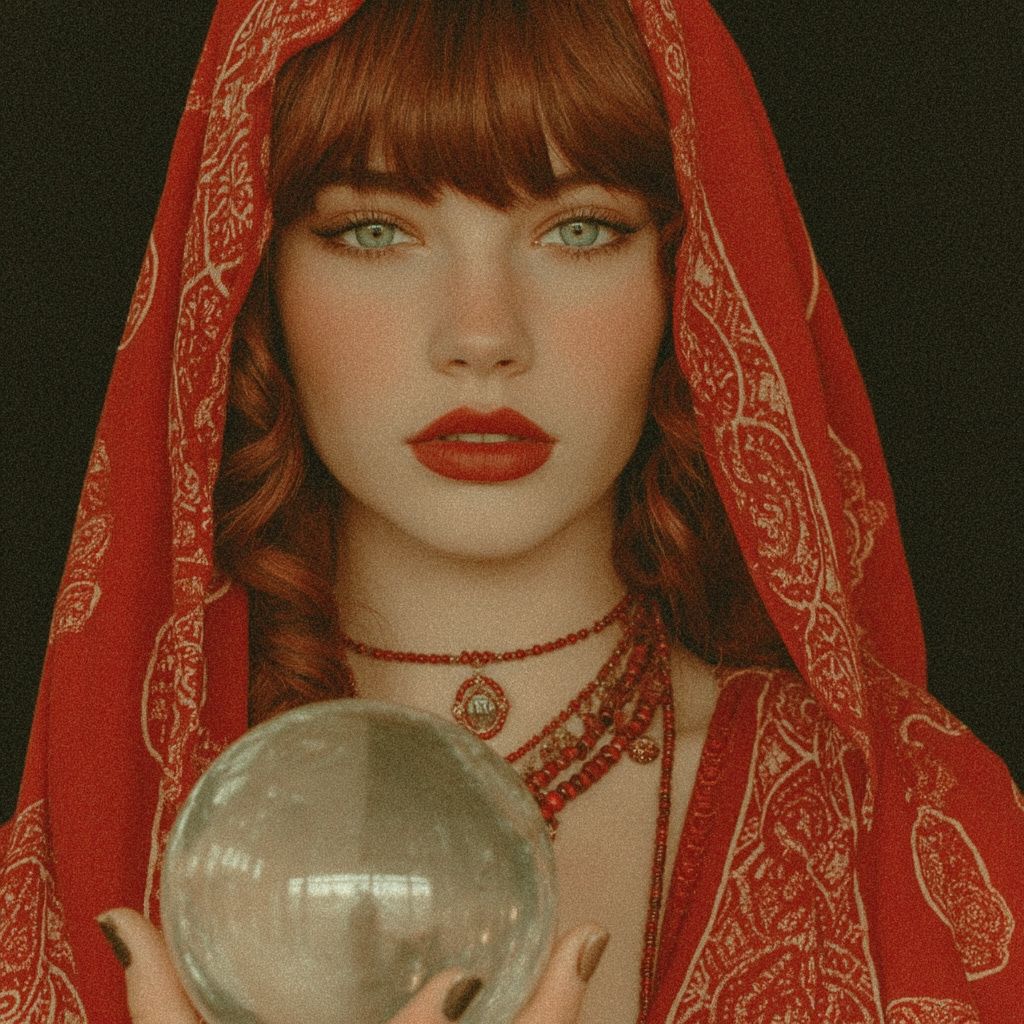 Moon Conjunct Mars Natal Aspect
Moon Conjunct Mars Natal Aspect
 Mars-Pluto Synastry: Something Quite Dark and Dangerous
Mars-Pluto Synastry: Something Quite Dark and Dangerous
 Venus-Pluto Synastry: A Love So Powerful That It Might Just Kill Them
Venus-Pluto Synastry: A Love So Powerful That It Might Just Kill Them
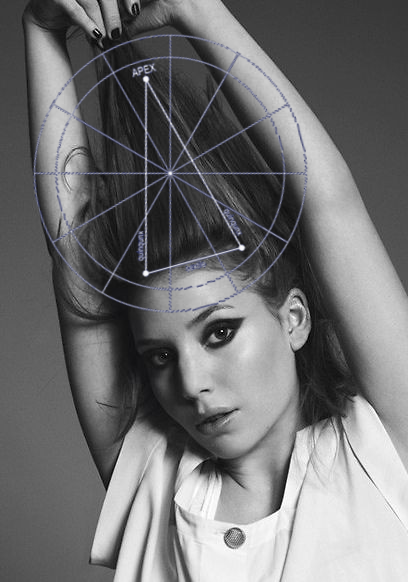 The Yod Aspect Pattern: The Mystical Power of the “Finger of Fate”
The Yod Aspect Pattern: The Mystical Power of the “Finger of Fate”
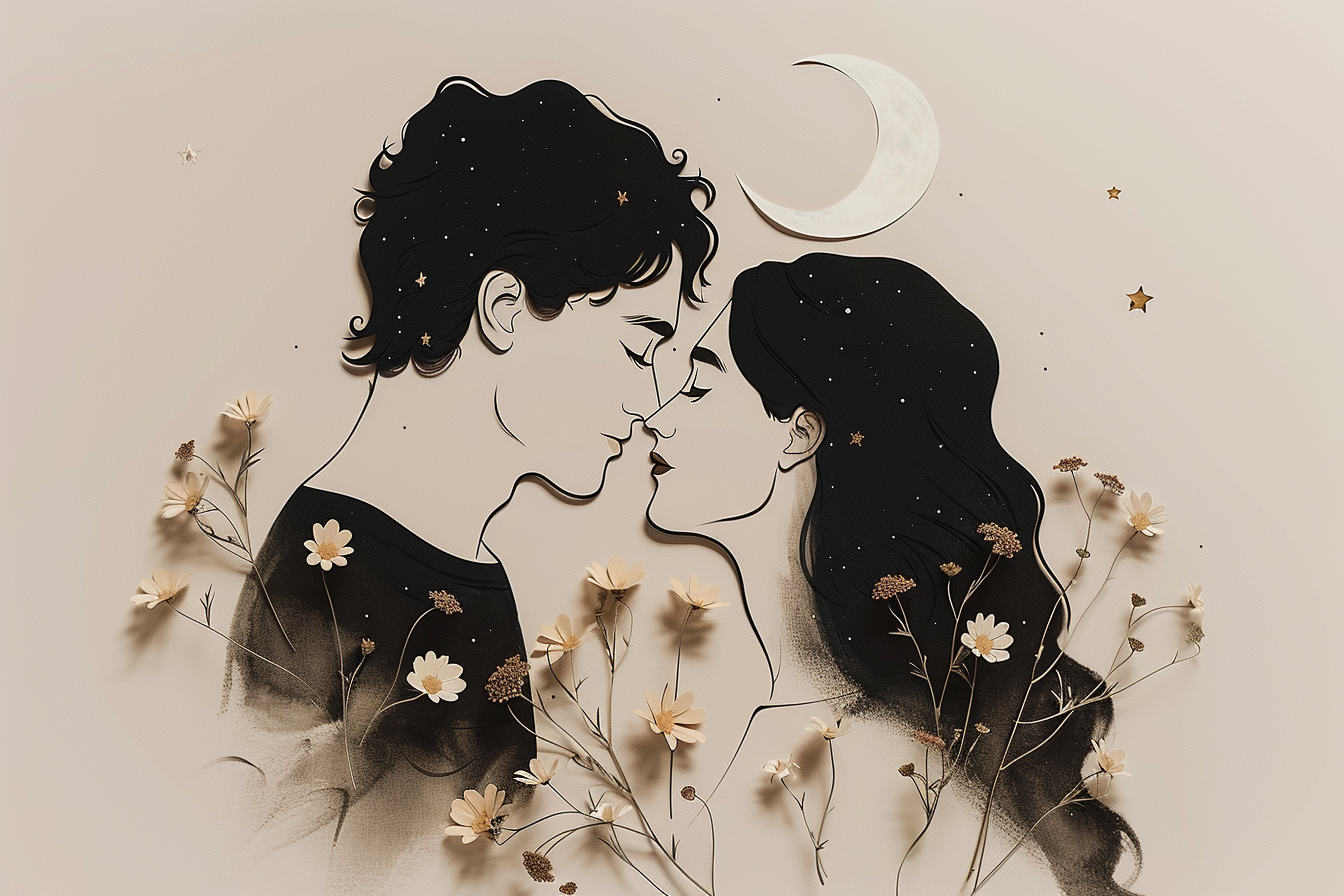 Emotional Understanding: Moon Trine Synastry Aspects Interpreted
Emotional Understanding: Moon Trine Synastry Aspects Interpreted
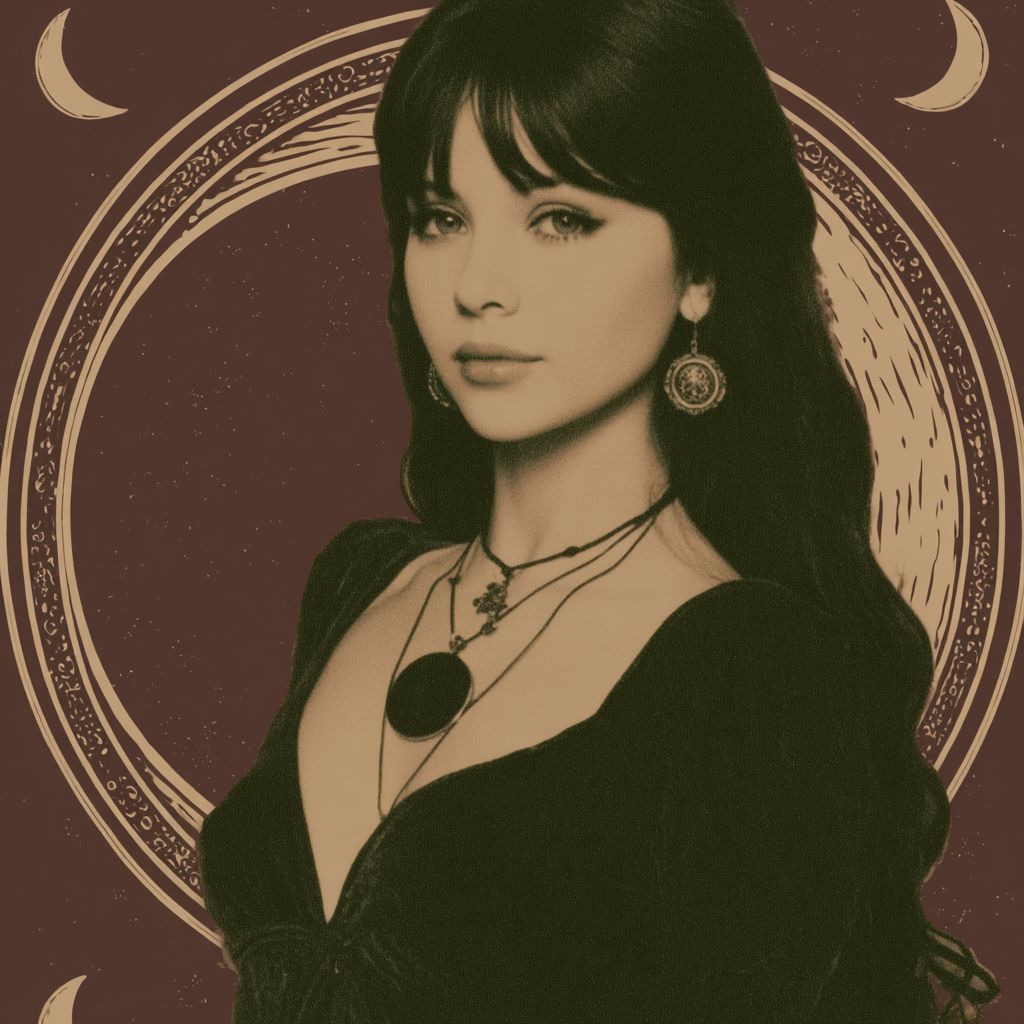 The Moon: The Goddess of the Night
The Moon: The Goddess of the Night
 Mars in Aquarius: Sex drive
Mars in Aquarius: Sex drive
 Sun Square Pluto Natal Aspect: I Am Titanium
Sun Square Pluto Natal Aspect: I Am Titanium
 Uranus Transits: 1st House: Winds of Change:
Uranus Transits: 1st House: Winds of Change:
 Moon Conjunct Pluto Synastry
Moon Conjunct Pluto Synastry
 Venus Conjunct Neptune Synastry: Euphoria and the Aftermath
Venus Conjunct Neptune Synastry: Euphoria and the Aftermath
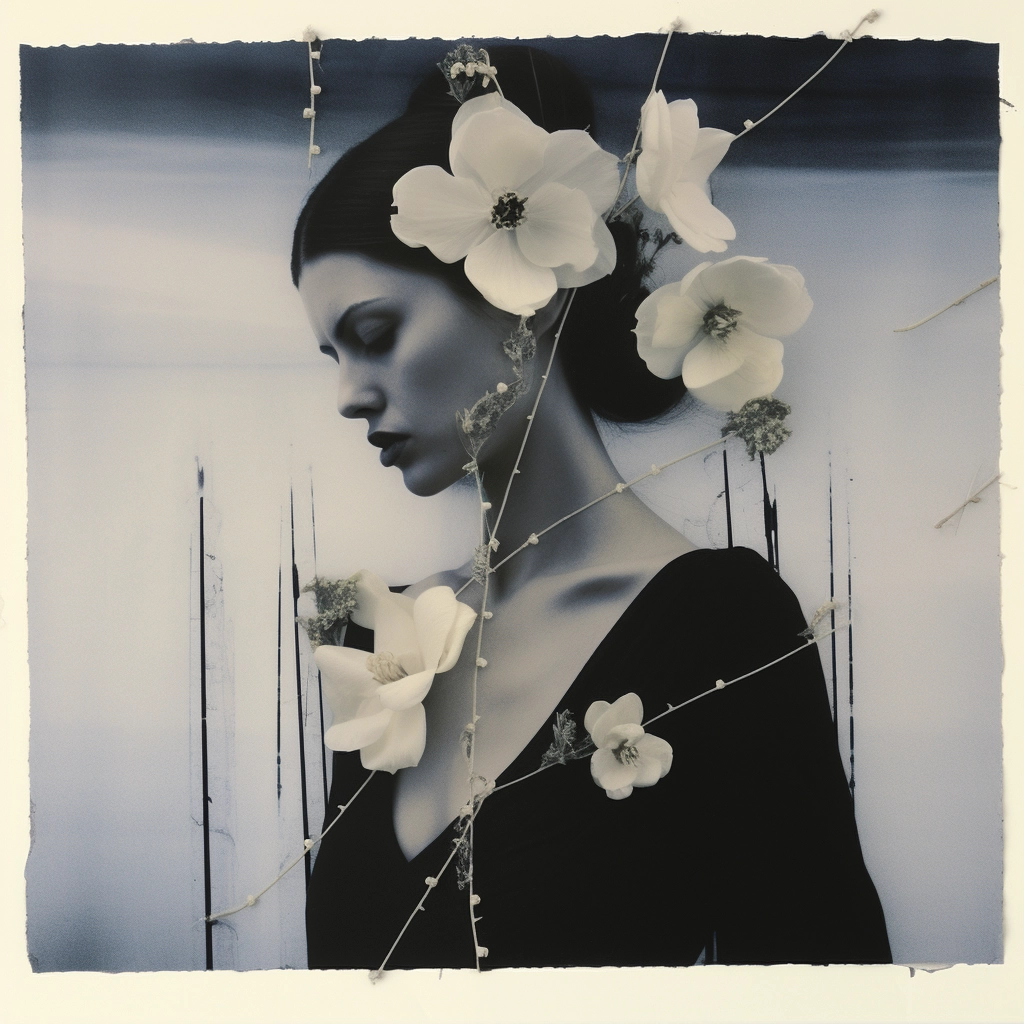 Pluto in Libra in the 2nd House: Lessons on Self-Worth and Financial Independence
Pluto in Libra in the 2nd House: Lessons on Self-Worth and Financial Independence
 Sun Conjunct Pluto Synastry: Enlightening or Annihilating
Sun Conjunct Pluto Synastry: Enlightening or Annihilating